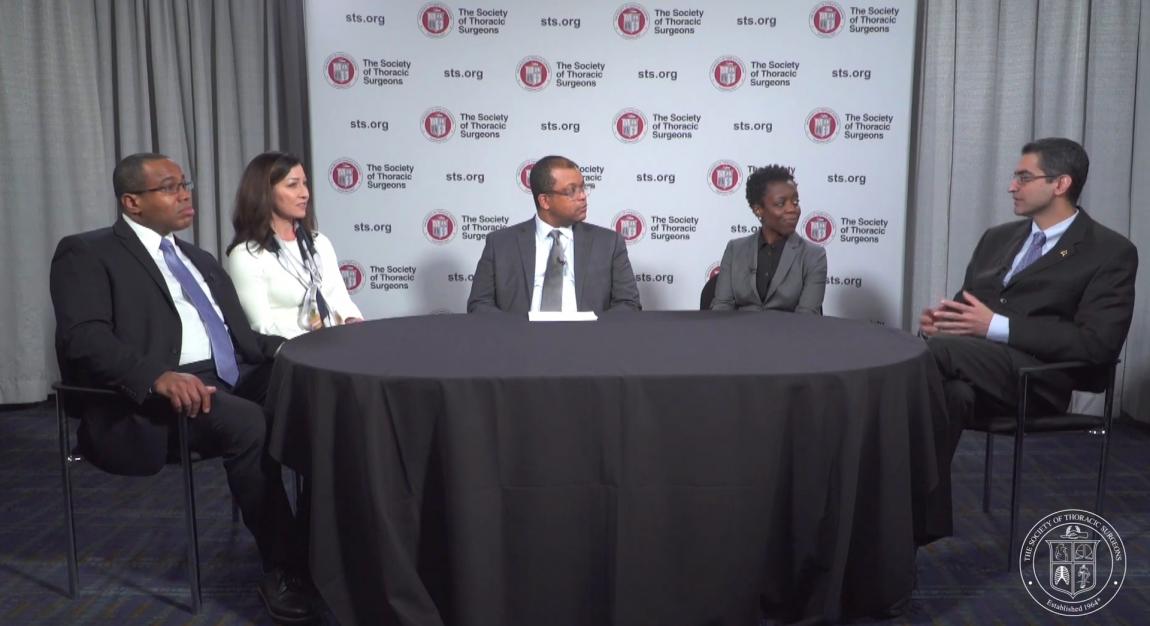Description
Robotics is being called the “fourth industrial revolution." For some cardiothoracic surgeons, robotics means smaller, faster, and easier, resulting in patients getting out of the hospital sooner, having less pain, and returning to function faster. For others, the jury is still out on whether or not robotics will add long-term value, especially if surgeons face potential carpal tunnel injuries, back pain, and cervical stenosis. David T. Cooke, MD, moderates a panel discussion with Robert E. Merritt, MD, Lana Y. Schumacher, MD, Melanie A. Edwards, MD, and Inderpal S. Sarkaria, MD. They discuss the learning curve for robotic surgery, the complexity of procedures that can be performed robotically, a team approach to robotic surgery, getting hands-on experience, and future improvements to robotic technology.
